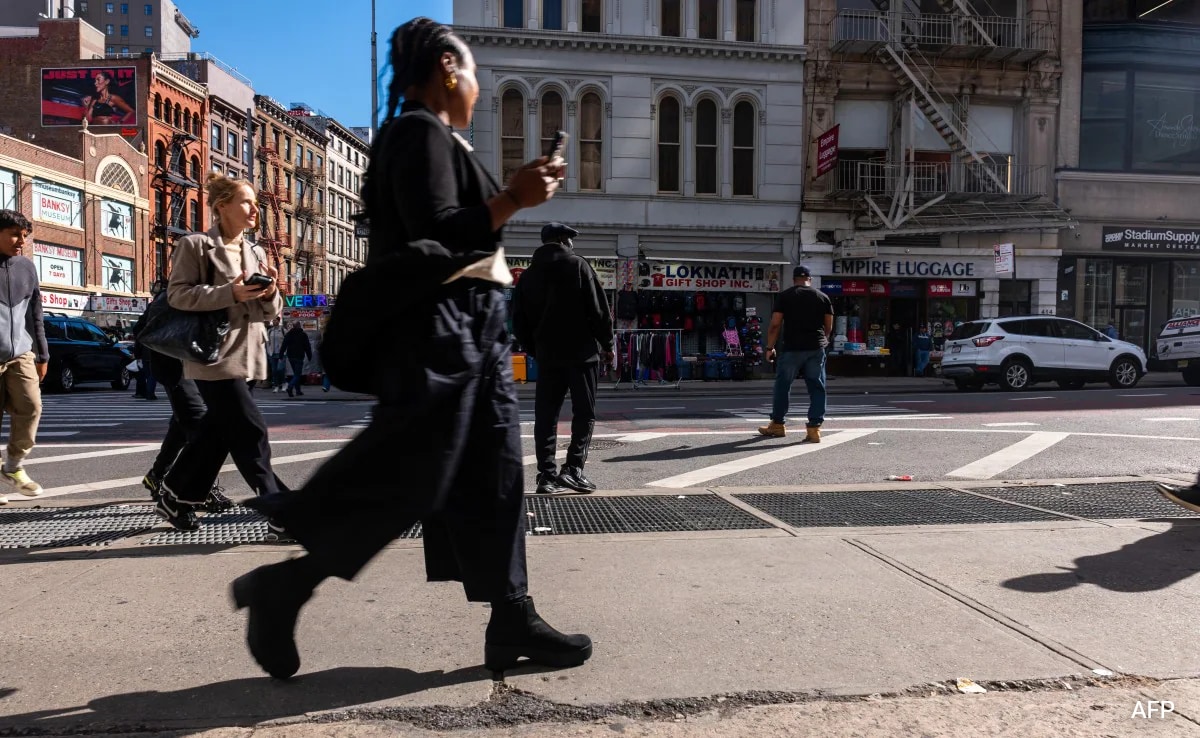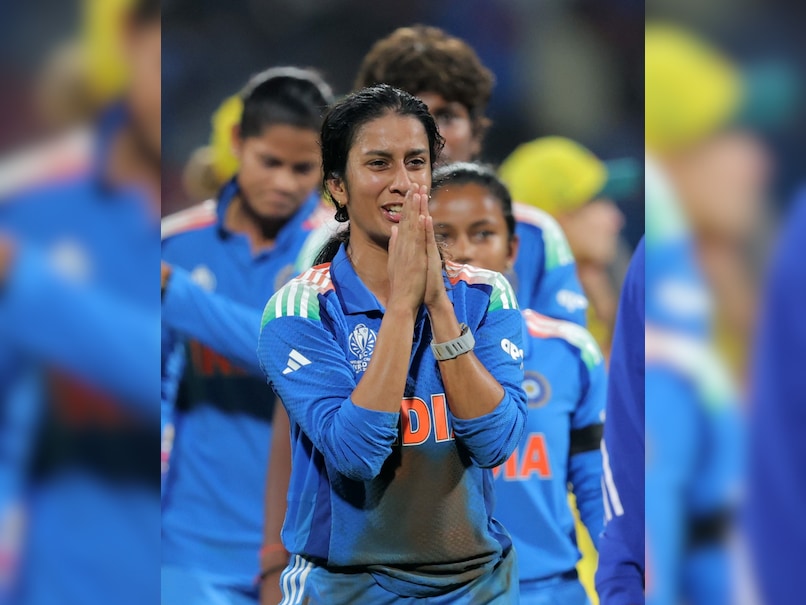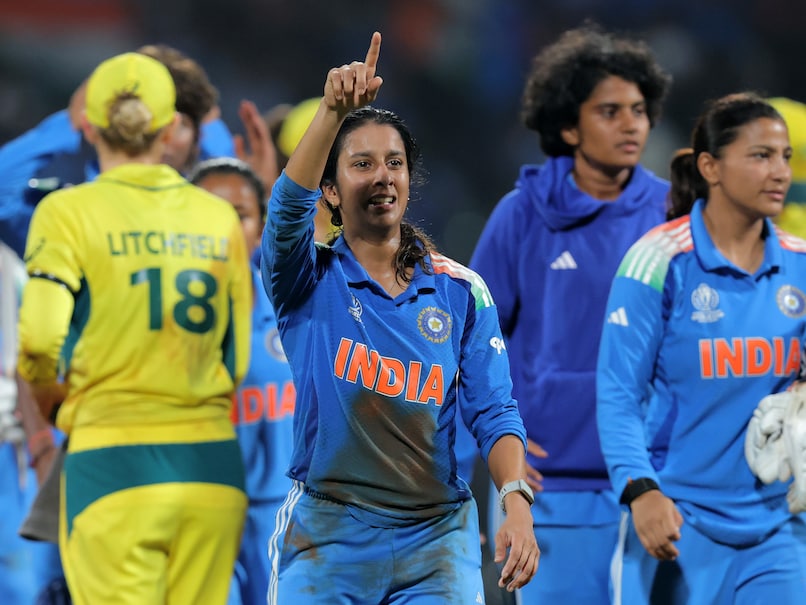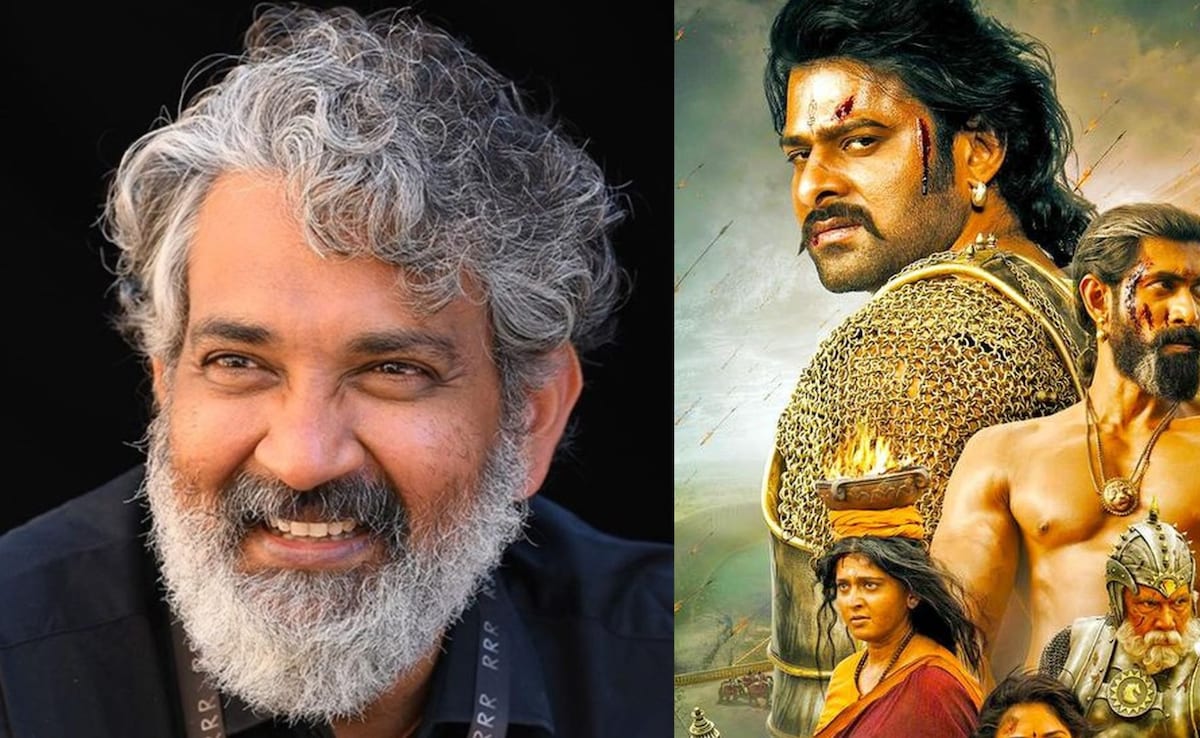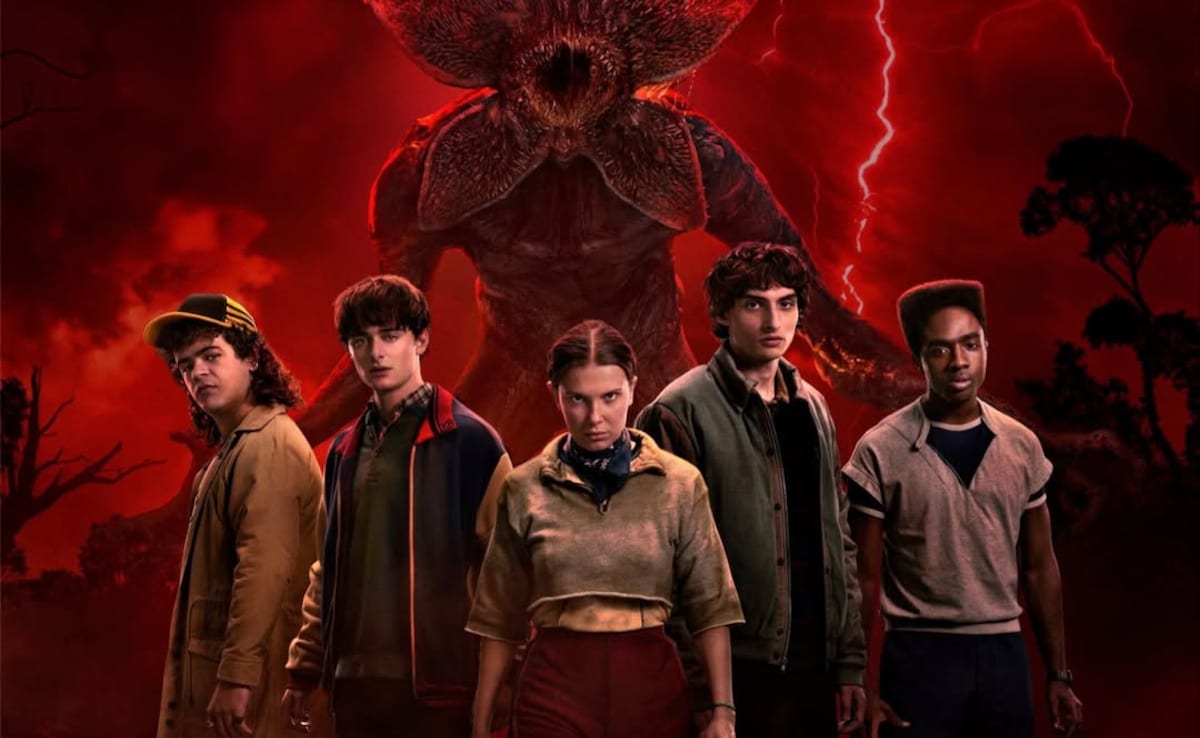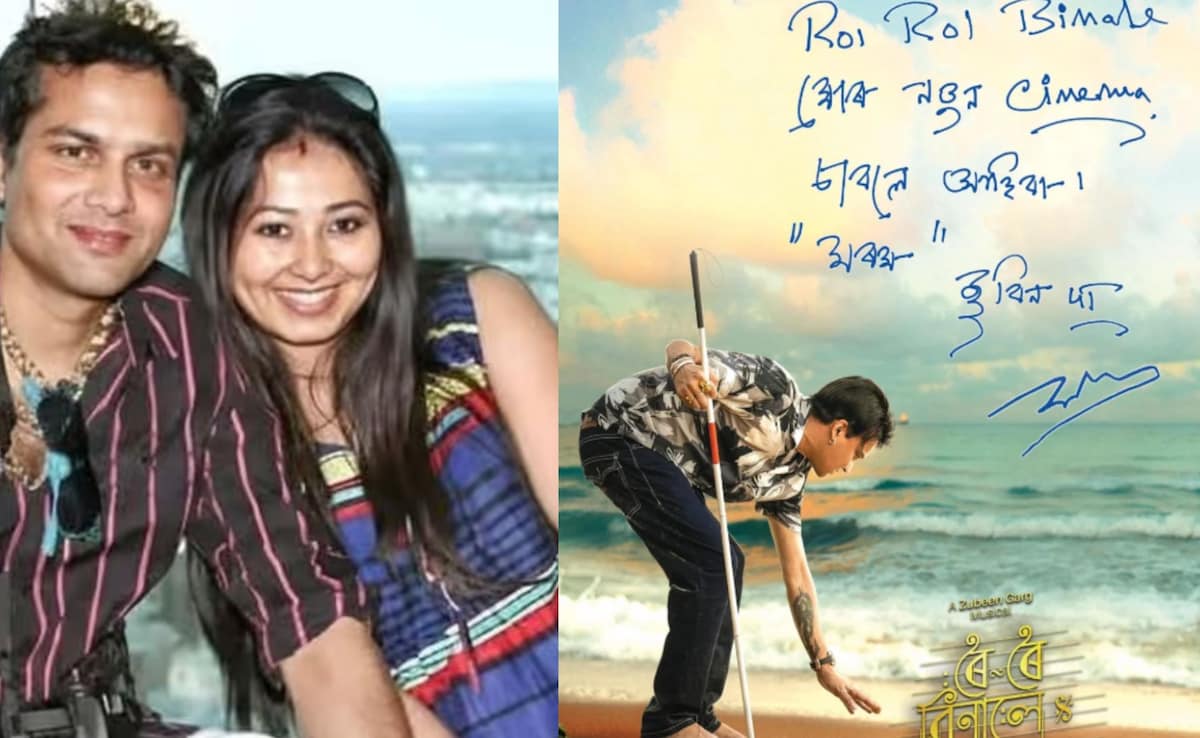Disabilities and madness: How literature treats them tells us much about society’s ideas

Join our WhatsApp Community to receive travel deals, free stays, and special offers!
- Join Now -
Join our WhatsApp Community to receive travel deals, free stays, and special offers!
- Join Now -

If one were to strip descriptions of one’s ethnic or racial appearance from a story, the way Toni Morrison does in Recitatif, then a search for a person’s race will often rely on interconnectedness or intersectional assumptions about socioeconomic status, geographic location, chosen profession and more. When a person is identified with a single identity, the master status takes on exceptional importance in that person’s life, often shaping it in its entirety. An obese man, regardless of his other interests and characteristics, may be routinely referred to as simply the fat guy.
Villains on view
How this sociological concept coincides with literature is interesting, since disabled bodies have traditionally filled the roles of villains. Shakespeare’s hunchback Richard III, or any number of fictional characters with missing legs, eyes or hands, have fulfilled the role of the bad guy and disabled bodies often filled such nefarious roles that are often forgotten. It’s only recently that main characters or even supporting characters include those with disabilities of various sorts, like Geordi LaForge from Star Trek or Tyrion Lannister from The Game of Thrones, to mention two popular examples.
Traditionally, characters who didn’t fit in cultural meta-narratives are presented as background figures who are usually seen as unimportant supporting characters and forgotten easily. Neither black...
Read more
What's Your Reaction?
 Like
0
Like
0
 Dislike
0
Dislike
0
 Love
0
Love
0
 Funny
0
Funny
0
 Angry
0
Angry
0
 Sad
0
Sad
0
 Wow
0
Wow
0









